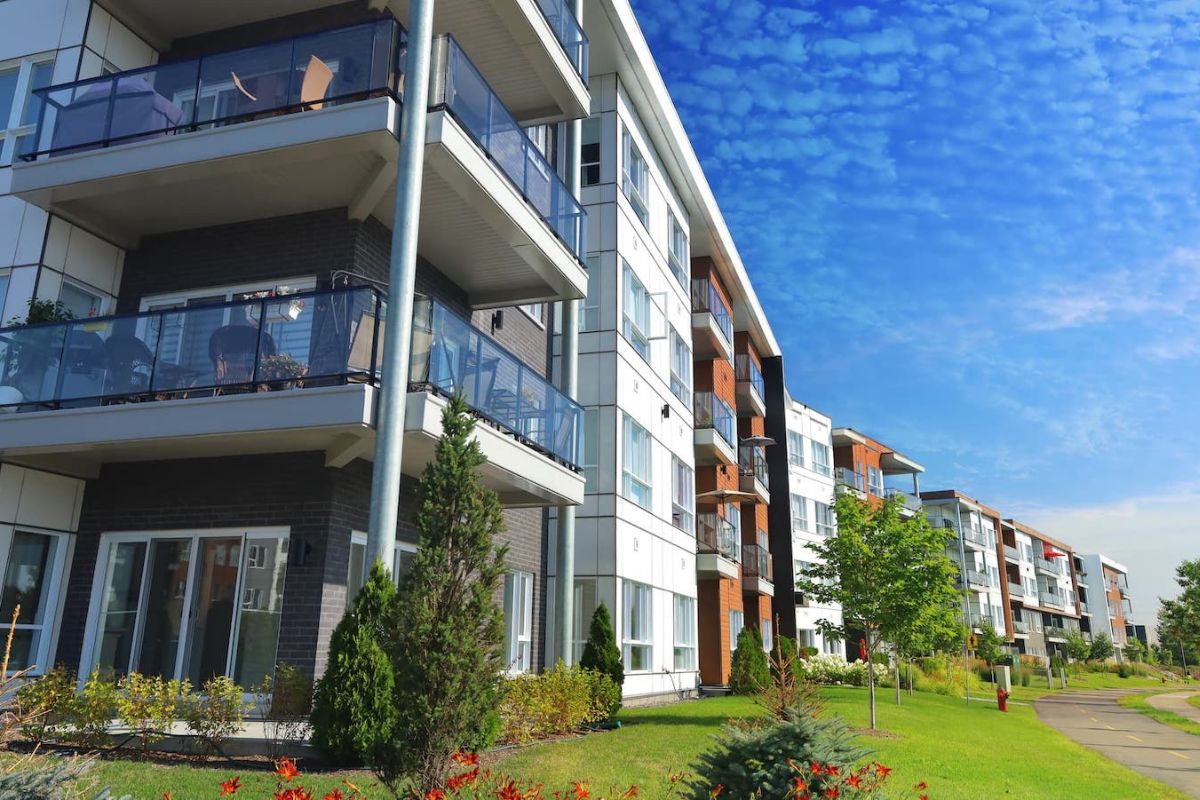Many landlords are unaware of their legal responsibilities if a tenant gets injured while living on their rental property. Accidents can happen, and it is important for both landlords and tenants to understand their rights and obligations in these situations.
In this article, we will explain what can happen if a tenant is injured and the potential legal consequences landlords may face.
What happens if someone gets hurt on your rental property?
If a tenant is injured on a rental property due to an accident, they may be able to pursue a personal injury claim against the landlord. To establish negligence, the tenant would need to show the landlord failed to act reasonably to prevent accidents.
Common reasons for claims include defective repairs, unaddressed hazards, or violations of safety laws. Landlords are liable for their own negligence, but tenants also have a duty to act reasonably. Claims are usually resolved through insurance company negotiations rather than lawsuits.
Can tenants still make claims if they were partially at fault?

Most states allow tenants to recover damages proportionate to the landlord's percentage of fault, even if the tenant shared some blame. Only a small number of states prevent any recovery if the tenant was at fault at all. However, in some states there is a threshold, such as 50-51% fault, above which tenants cannot recover. A tenant's failure to behave reasonably may reduce but not eliminate their ability to receive compensation from negligent landlords.
What is the process for tenants after an accident?
The top priorities after an accident are seeking medical treatment and documenting the injuries. Tenants should pursue the doctor's treatment plan and record their own recollections of the incident. Financial losses and potential witnesses should also be documented. Notifying landlords to involve their insurance is important. Most claims are resolved through settlement negotiations rather than lawsuits.
What type of injuries could tenants claim compensation for?
Compensation may cover both economic and non-economic damages. Economic damages include medical bills, lost income, and lost future earnings due to permanent disabilities. Non-economic damages relate to subjective experiences like pain/suffering, disfigurement, reduced quality of life, and emotional/psychological impacts.
Prescriptions, doctor testimony, and statements from those close to the tenant can support these types of claims.
Can tenants recover if hazards violated safety laws?
If a landlord failed to comply with relevant health and safety regulations, they will generally be considered automatically negligent. Tenants can recover damages resulting from accidents that occurred due to unaddressed violations.
Proving the landlord knew of but did not fix a serious defect that made a unit uninhabitable can also establish liability through breach of the implied warranty of habitability.
Do tenants have to hire a personal injury lawyer?
For minor incidents, tenants may be able negotiate directly with landlords or their insurers. However, serious injuries like those over $10,000, causing permanent disability, or toxic exposure may warrant a consultation with an experienced personal injury attorney.
Lawyers can help strengthen claims, ensure tenants' legal rights are protected, and obtain full and fair compensation. Their expertise is especially valuable for complex cases.
Conclusion
In conclusion, while accidental injuries are an unfortunate reality of owning rental property, landlords have legal obligations to maintain safe premises and remedy known hazards. Tenants also have duties to act reasonably. For most incidents, open communication and insurance involvement can resolve claims without formal litigation.





